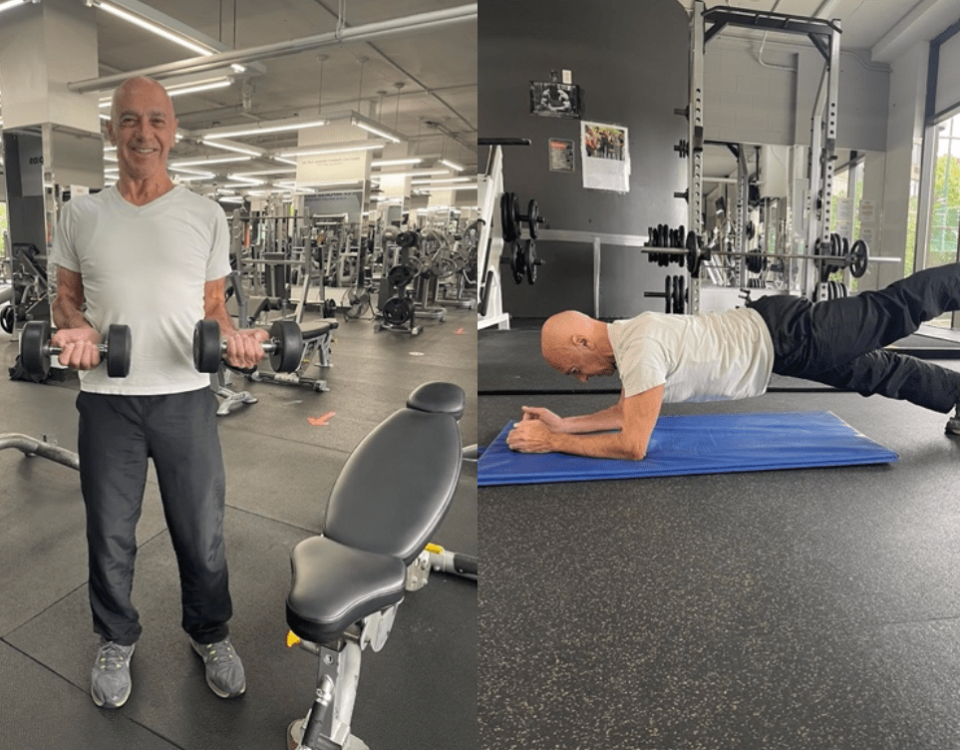Benefits of Physical Activity for Children

Physical Fitness in Old Age
January 9, 2024
Squash a Game of Power, Precision and Perplexity.
May 6, 2024Physical activity plays a crucial role in the overall well-being and development of children, offering a myriad of benefits that extend beyond just physical health.
Engaging in regular physical activity is fundamental for promoting and maintaining good physical health in children. Regular exercise helps in the development of strong bones and muscles, enhances cardiovascular health, and supports a healthy body weight. Additionally, it aids in the prevention of chronic conditions such as obesity and type 2 diabetes.
Beyond physical health, regular physical activity is instrumental in promoting cognitive development and academic performance in children. Numerous studies have demonstrated a positive correlation between physical activity and academic achievement. Exercise enhances cognitive functions such as attention, memory, and problem-solving skills. By incorporating physical activity into a child’s routine, parents and educators can contribute to a more holistic approach to education, recognizing the interconnectedness of physical and cognitive well-being.
Moreover, physical activity plays a pivotal role in the emotional and mental well-being of children. Exercise stimulates the release of endorphins, often referred to as “feel-good” hormones!
Lastly, Instilling an active lifestyle early on often helps shape lifelong habits.

